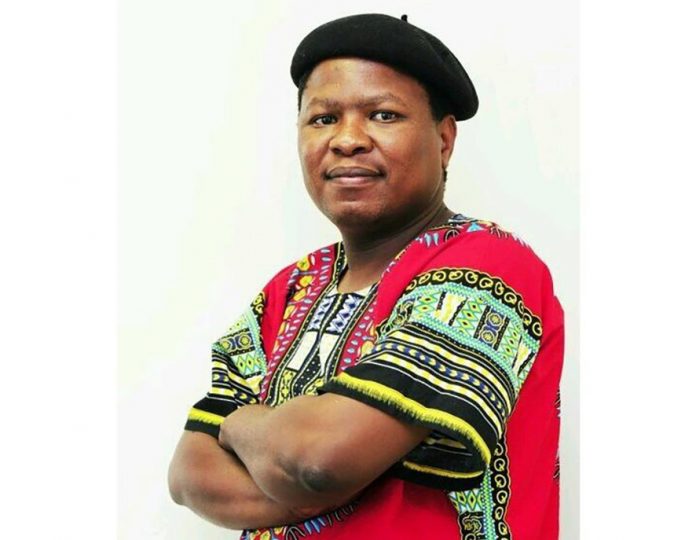In this extract from the book A Desire to Return to the Ruins – author Lucas Ledwaba explores the link between land and spirituality.
It is common practice in Molele’s society and culture that a process of spiritual diagnosis, exorcism and cleansing be undertaken after one has experienced a life-threatening incident of trauma like he had suffered in far-away Soweto.
While at face value it appeared the attack may have been driven by pure criminality, any life-threatening incident should be probed for deeper spiritual meaning. The attack on Molele had presented such an opportunity.
Molele’s forebears, like more than two-million other South Africans, had been victims of state-sponsored land grabs that forced black communities off their ancestral lands to make way for white settlement.
Molele’s father, Masilo Jack Molele, was only 14 years old when his family was forced to flee from Sesele, where he was born and generations of the clan had lived for over three centuries. Molele was born 30 years after the forced removals.
When the Moleles were kicked off their land, they left hastily and never conducted sacred rites and ceremonies to communicate their departure to those buried there.
The faith healers found that the abandoned spirits of the Moleles, were restless and sought, the attention of their descendants. Although Molele himself had never met any of the elders buried at Sesele, including his paternal grandfather, Nkabe, he had been targeted through this violent attack to highlight this disconnection.
The Molele clan’s elders had long known about this brewing wrath of the gods. In the many years they had been scattered away from their ancestral land – they had been warned repeatedly by faith healers, seers and dingaka about the restless spirits of their kin. The spiritual diagnosis had revealed that the disconnection between the ancestral spirits and the living was hampering the efforts of the departed to play their proper role as guardian angels.
If the family were to end this string of bad luck, they had to conduct the rites at Sesele. But during that time of South Africa’s bloody transition in 1992, Sesele was still very much out of bounds for its original owners although the transition had seen liberation movements such as the ANC, PAC, Azapo, BCM and many others unbanned two years earlier in 1990.
It was under white hands and even known by the Afrikaner name Blinkwater. To the white farmers it was commercial prime land. But to the Molele, Sesele was more than just a piece of land where they once lived and grew crops and herded hundreds of heads of cattle – it was their connection to their gods.
The dislocation from Sesele in 1936 had impacted more than the physical beings. It had tampered with the spiritual relations of the living and the dead as explored by Handy in a 1939 take in a paper, The Religious Significance of Land.
In his land claim submission to the Commission on Restitution of Land Rights, Masilo Jack Molele emphasised the implications of the spiritual disconnection caused by the continuous wait to return to their ancestral land.
“However, our ancestral spirits are emphatically pressuring us to settle back there. Our children are increasingly getting shot, killed, don’t get jobs, bad lucked (sic) due to that.”
Spiritual healers had advised the family that the ancestral spirits had spared Molele’s life during the attack because he was the one chosen to lead the process to restore the family and the clan back to Sesele. But a long wait lay ahead in their quest to return to the ruins of their forefathers.
Book title: A Desire To Return To The Ruins [BlackBird Books 2022]
Publisher: BlackBird Books
Recommended price: R300
Follow @SundayWorldZA on Twitter and @sundayworldza on Instagram, or like our Facebook Page, Sunday World, by clicking here for the latest breaking news in South Africa. To Subscribe to Sunday World, click here.



